December has a lot of exciting December global holidays around the world. It’s characterized by decorated trees, carols, and of course, gifts galore. December is unquestionably the most festive month of the year, and it doesn’t take long to notice.
The days are shorter and the nights are longer, but people seem to be in a much better mood even during the sunny hours. This may be because of the December global holidays lights and decorations filling every mall and street corner. There is just something about national holidays in December that makes it feel like anything could happen.
December is the last month of the year. This means that it’s typically when people are in various stages of planning for what’s to come in the new year.
Most Popular December Global Holidays Events 2022

December Global Holidays
Check most popular December global holidays events:
- New Year’s Eve, (Worldwide), Dec 31
- Christmas, (Christians), Dec 25
- World AIDS Day, (Worldwide), Dec 1
- St. Lucia Day, (Swedish), Dec 13
- Yule, (Pagan), Dec 21 – Jan 1
- Hanukkah, (Jewish) November 28 – December 6
- Festivus, December 23
- Boxing Day, (Worldwide) December 26
- Kwanzaa, (African American), Dec 26 – Jan 1
- Fiesta of Our Lady of Guadalupe, (Mexican), Dec 12
- Omisoka, (Japanese), Dec 31
- Saturnalia, (Pagan), Dec 17 – Dec 23
1. New Year’s Eve
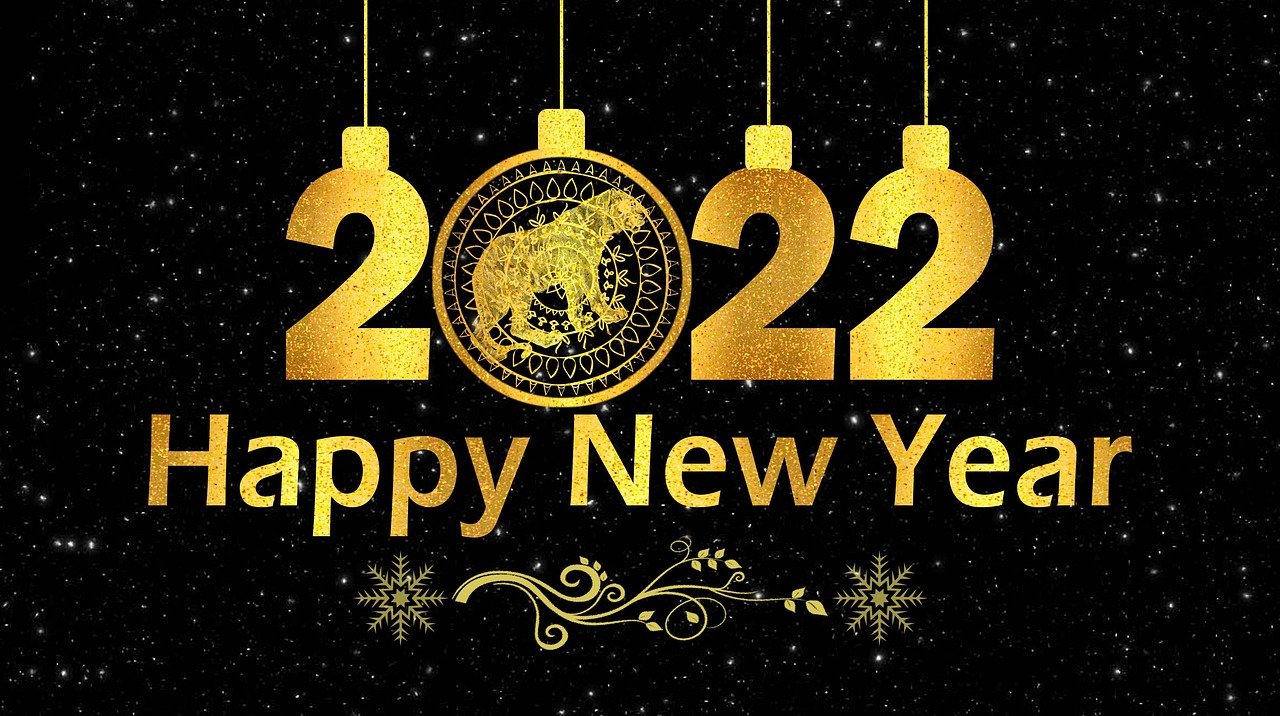
New Year 2022
Date: December 31
Significance: The final day of the Gregorian year
Observed by: People around the world
New Year’s Eve is celebrate on December 31 every year. This is include in December global holidays 2022 which is a day to celebrate the year’s passing and look ahead to the coming year. New Year’s Eve is the nighttime celebration on the last day of the year. It’s a party which celebrates the arrival of a new year.
New Year’s Eve 31st December global holidays celebrates the old year and a welcome to the new one. People often spend this time with loved ones or reflect on their life. In many countries, people wear red and gold for good luck and celebrate the festive atmosphere.
Many people celebrate New Year’s Eve by making resolutions for themselves and celebrating with their friends and family. Some people use this opportunity to reflect on what they have accomplished in the past year and what goals they plan to pursue in the new year.
Others use this time as an excuse to have a good time. They drink juices, eat rich foods, stay up late, and engage in other celebratory activities as part of their celebration of December global holidays held on Dec 31st.
2. Christmas – December holiday event

Date: December 25
Also called: Noël, Nativity, Xmas
Observed by: Christians, many non-Christians
Type: Christian, cultural
Significance: Commemoration of the birth of Jesus
Christmas is one of the most celebrated December global holidays in many parts of the world. The celebration usually spans about two weeks. However, not everyone celebrates Christmas.
This December global festivities are primarily dependent on the culture they are being celebrated. For example, some cultures celebrate Advent or Winter Solstice instead of Christmas. These celebrations don’t have a specific date or day associated with them either.
The Christmas and winter December global holidays season is festive and happy time. This time of year is full of joy and hope as we count down to Christmas Day. Decorate your home with Christmas lights, wreaths, and other decorations that celebrate the Christmas spirit.
Decorate your home, put up Christmas trees, angel figurines, wreaths, garlands on the doorways and windows. Celebrate with friends, invite friends over for dinner parties or evening soirees to catch up with one another. Write letters to Santa Claus or make homemade gifts for loved ones – read books or watch Christmas shows under the blanket.
3. World AIDS Day
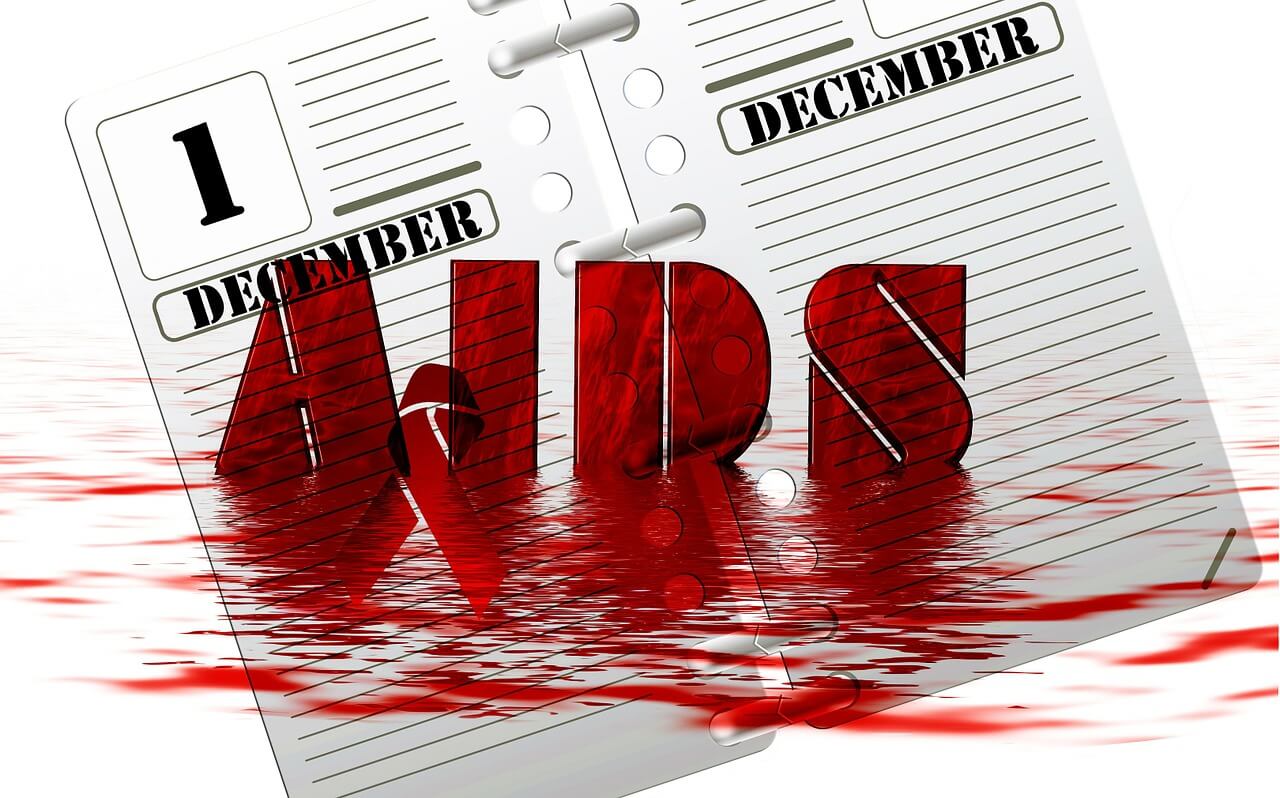
Date: December 1
Observed by: All UN Member States
Frequency: Annual
World AIDS Day is a December global holidays day of remembrance activism and commemorating those who have died from AIDS. It occurs on December 1 each year. The day was first observed in 1988 as a response to the 1987 announcement that HIV was the probable cause of AIDS. It is celebrated annually to honor those who have died from AIDS and reach out for support for those living with HIV/AIDS.
World AIDS Day is a December global holidays day that seeks to raise awareness of the AIDS pandemic and its impact. The day is observed on December 1 every year. It was first observed in 1988, but it didn’t become an annual event until 1994. World AIDS Day is a national holidays in December which celebrated every December 1 all over the world. This day brings awareness about AIDS.
World AIDS Day was first introduced in 1988 by the World Health Organization. The goal of this day is to make people aware of how HIV/AIDS can be transmitted and stop its spread all over the world. This year, the theme of World AIDS Day is “Know your status,” which highlights the importance of knowing one’s HIV status. More than 36 million people are living with HIV around the world, while 2/3rds are not aware that they have it.
4. Santa Lucia
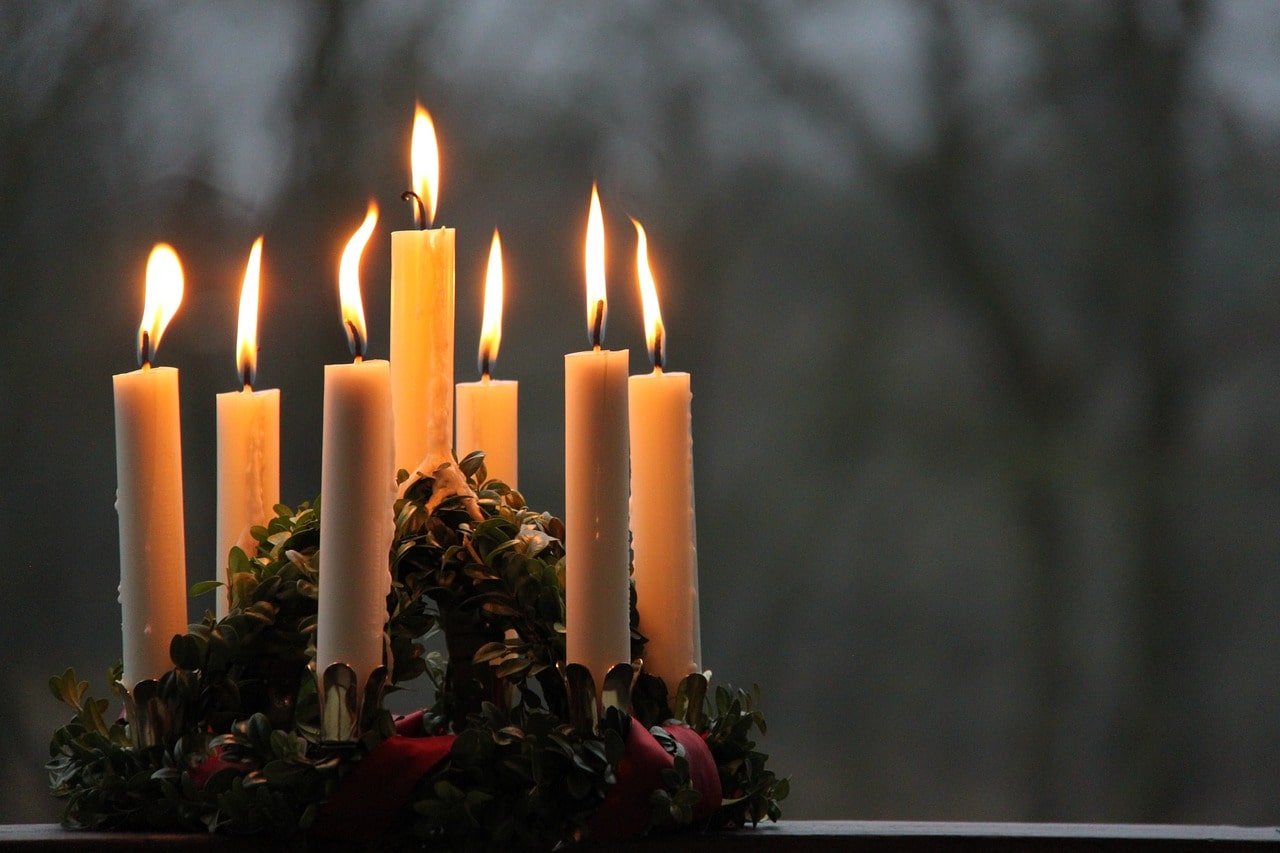
Date: December 13
Liturgical color: Red
Observed by: Roman Catholics, Lutherans, and Anglicans, among others
Santa Lucia is a Swedish Christmas tradition that is celebrated on December 13. It is an annual December global holidays celebration in Sweden while various other countries celebrate it on different dates.
On this day, Santa Lucia visits the children’s homes, and she will bring gifts to them while they sleep, hence being known as “The Light in the Night”.
Santa Lucia Day is also known as “Saint Lucy’s Day” or “Lucia Day.” It is celebrated with a feast of saffron buns called Lussekatter, along with coffee or other hot drinks, followed by singing songs for Santa Lucia and her procession.
Santa Lucia has traditionally celebrated the light and hope of the darkest winter days. On December 13, many Swedes will hang up a string of paper lights in the window, welcoming her with song and celebration.
5. Yule
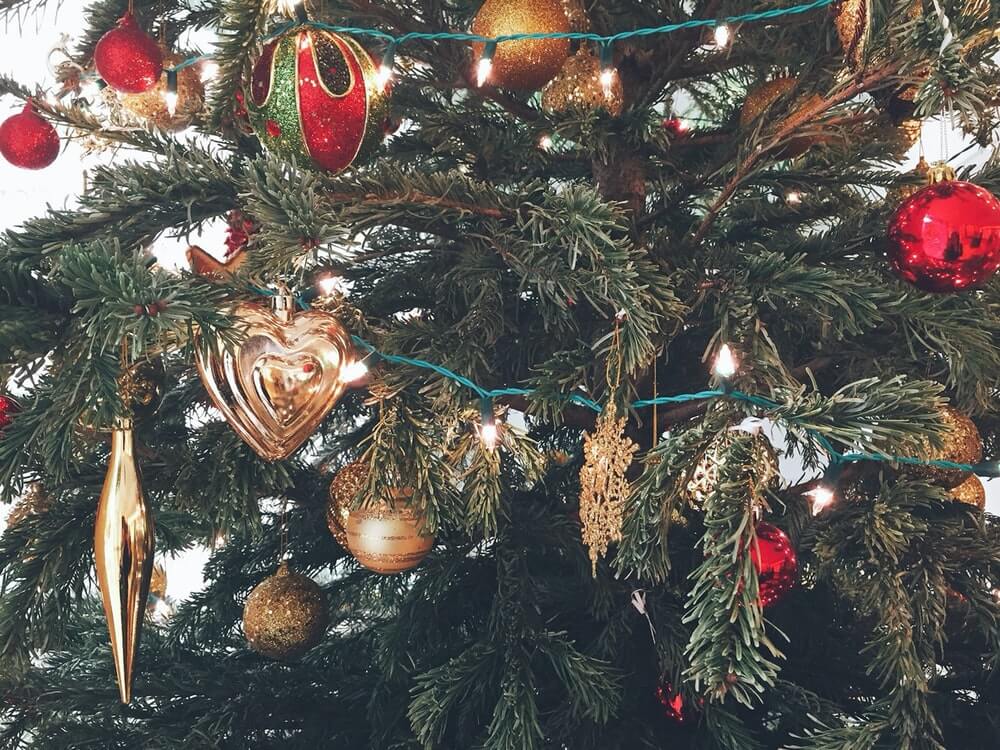
Yule
Date: Dec 21 – Jan 1
Also called: Yuletide, Yulefest
Related to: Early Germanic calendars, Christmastide, Quarter days, Wheel of the Year, Winter festivals, Christmas
Observed by: Various Northern Europeans, Germanic peoples, Neopagans, Spiritual Satanist
Yule is an ancient pagan holiday that predates Christianity. Part of the celebration includes lighting candles, burning fires, and exchanging gifts. Yule is an old pagan December global holidays that has been celebrated in Scandinavia for centuries. This section discusses how people celebrate yule during this time of year.
The word Yule comes from the Old Norse word “jól” and refers to the period in the northern hemisphere between the winter solstice and the end of December. Yule December global festivities include parties, drinking, and gift-giving, emphasizing family and strengthening bonds with friends.
It is celebrated during this time because people believed that it was a time when there was a hole in the sky through which one could see the Sun’s. The Yules was also thought to have supernatural powers to cleanse people of their sins.
Yule is the name given to the December holiday event. It is a season of joy and celebration, which culminates on Christmas Day. As one of the most popular winter events in the world, Yule has many celebrations all over the globe that are based on Nordic traditions. Yule is an ancient pagan holiday that predates Christianity. Part of the celebration includes lighting candles, burning fires, and exchanging gifts.
6. Hannukah
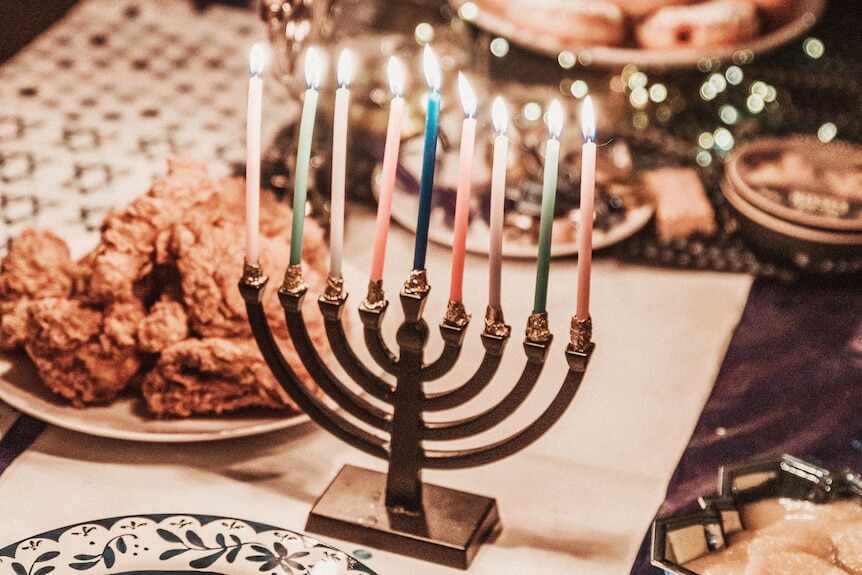
Date: November 28 – December 6
Related to: Purim, as a rabbinically decreed holiday
Jewish people celebrate the festival of Hannukah as a commemoration of the miracle that happened in Jerusalem in 165 B.C.E. The Maccabees, led by Judah Maccabee, won against King Antiochus IV and his army, who had come to take away the Jewish religion and to force their people into Greek culture.
Hannukah is a time for celebration and gifts. It is customary for Jewish families to light a menorah which stands for eight days and includes an additional candle every night. On the first night, one candle is lit; on the second, two candles are lit, etcetera, until all eight candles are lit on the eighth day of Hannukah. The Chanukiah holds only one branch with one olive oil-filled container, symbolizing unity.
The Jewish December global holidays of Hanukkah, also known as the Festival of Lights, takes place on December 8 this year. It celebrates the rededication of the Second Temple in Jerusalem by Judas Maccabeus in 165 BC.
Hanukkah is a joyful holiday celebrated with family and friends that lasts eight nights and one day.
This December global festivities starts on November 28 and ends on December 6 with a light meal or snack called a “menorah” – pronounced MAY-nu-Kuh.
Hannukah is an eight-day Jewish holiday commemorating the rededication of the Holy Temple in Jerusalem. It’s also known as the Festival of Lights and Feast of Dedication.
The word Hannukah translates to “dedication” or “consecration” in Hebrew and refers to the rededication of the Holy Temple (also called The Temple Mount) in Jerusalem at 165 BC, following a revolt against Hellenistic rule.
7. Festivus
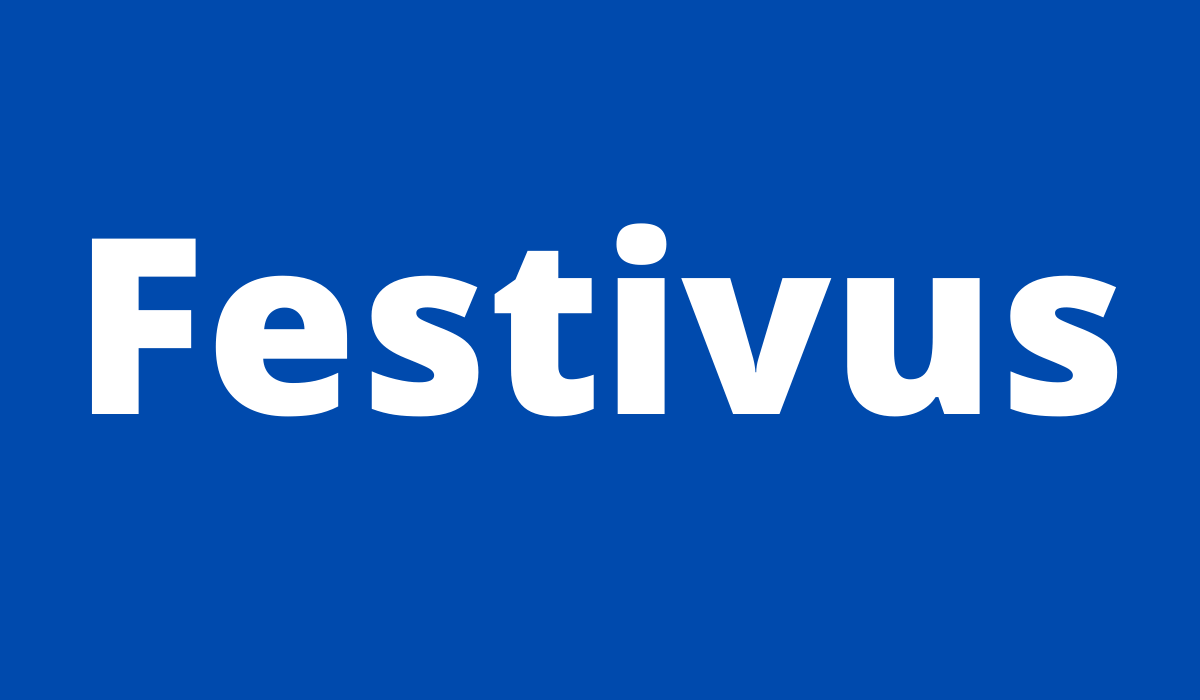
Festivus
Date: December 23
Celebrations: Airing of Grievances, Feats of Strength, the aluminum pole, Festivus dinner, Festivus miracles
This event is an alternative to the pressures and commercialism of the Christmas season. The December global holidays event Festivus was created by author and TV writer Daniel O’Keefe. The story goes that the character Frank Costanza, played by Jerry Stiller on the sitcom Seinfeld, invented Festivus to celebrate the anniversary of when he first told his family about his ideas for a “holiday” different from Christmas.
Festivus is celebrated on December 23 and includes traditions like turkey, ham, and presents. Festivus is marked with an aluminum pole instead of the typical Christmas tree. The pole symbolizes the unadorned nature of the December global holidays with no ornaments or tinsel; it signifies that there are no commercial aspects to Festivus.
Festivus is celebrated on December 23, traditionally recognized as the date of St. Nick’s Day. It starts with the Festivus Dinner, which includes the traditional Festivus pole.
8. Boxing Day
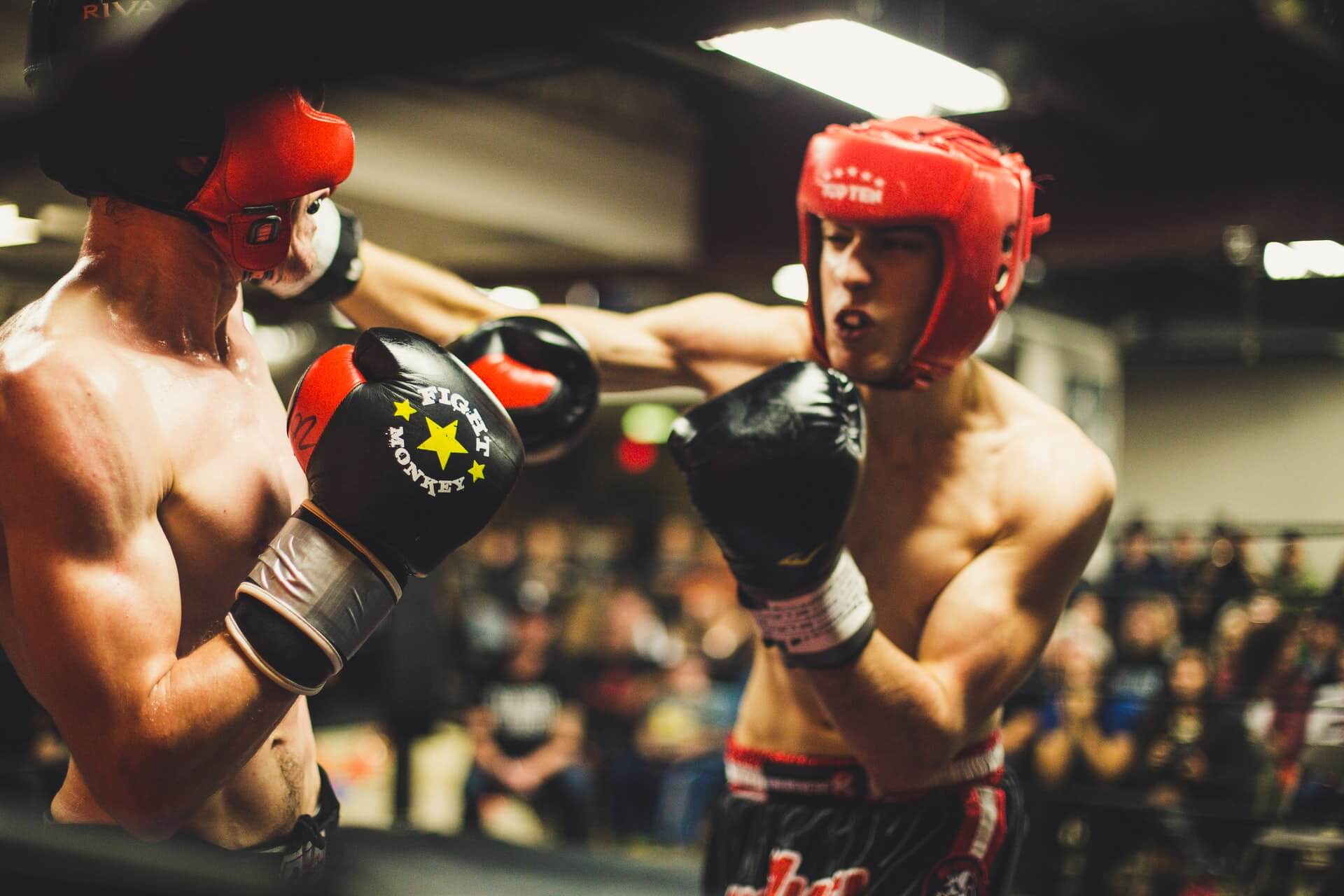
Boxing Day
Date: December 26
Related to: Day of Goodwill; Saint Stephen’s Day (concurrent); Second Day of Christmastide
Observed by: Commonwealth nations
Also called: Offering Day
Boxing Day, also known as St. Stephen’s Day, is a holiday event celebrated annually on December 26 in many countries across the world.
The Boxing Day began as a day of remembrance for St. Stephen, the first Christian martyr, stoned to death by Jews in Jerusalem on December 26, 33 CE. St. Stephen’s Day became a public December global holidays 2022 in England during the reign of James I (1603-1625).
Boxing Day is an annual holiday event that happens the day after Christmas. Boxing Day is traditionally seen as a time for family gatherings, giving gifts, and charitable actions. It originated in England in the 19th century when people would provide boxes of food, clothing or money to their poorer neighbours on December 26.
Throughout the 20th century, Boxing Day has become more commercialized and is now regarded by many as simply another shopping day in the year.
9. Kwanzaa
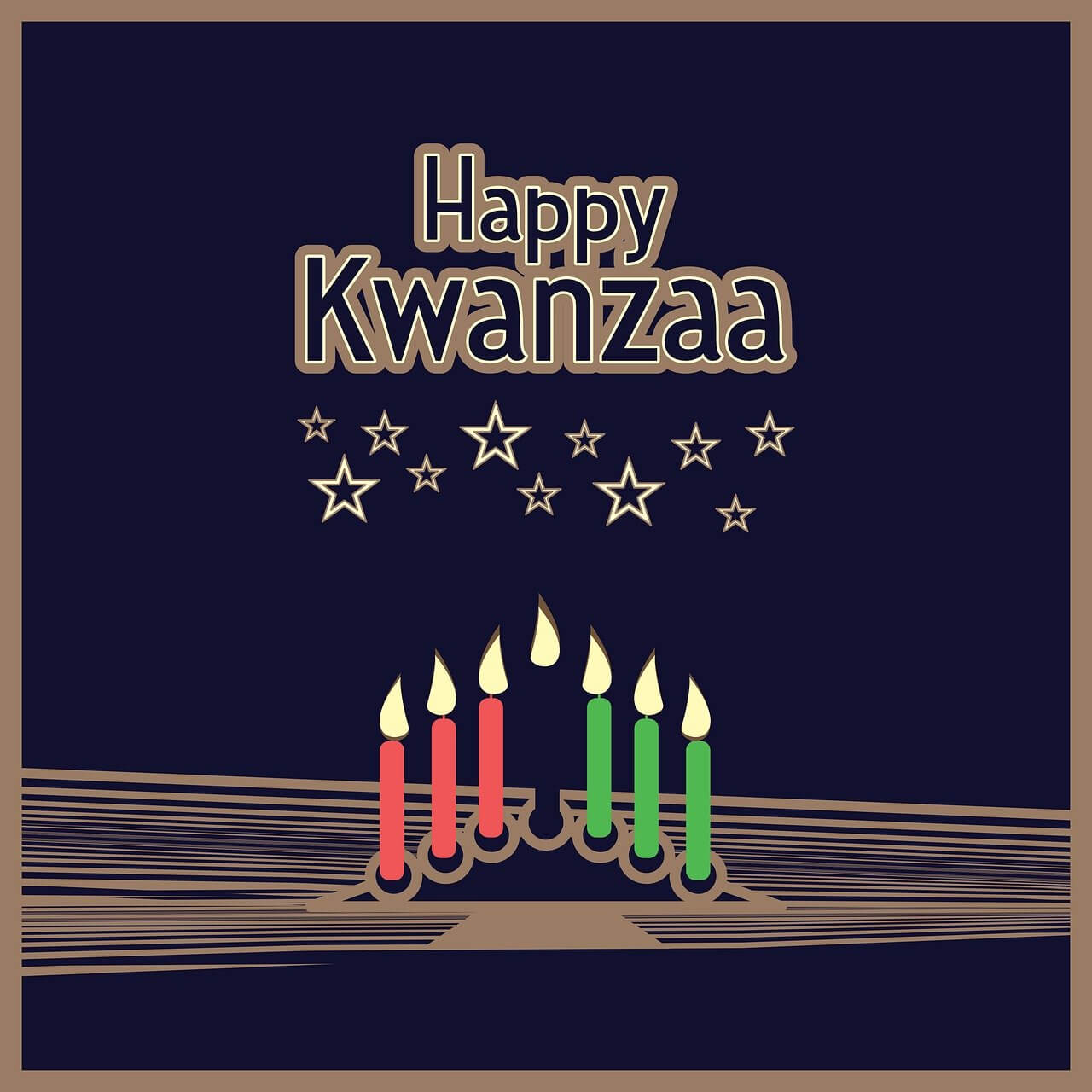
Kwanzaa
Date: Dec 26 – Jan 1
Celebrations: Unity; Creativity; Faith; Giving gifts
Significance: Celebrates African heritage, unity, and culture
Observed by: African Americans, parts of African diaspora
Related to: Pan-Africanism
Kwanzaa is an African-American December global holidays 2022 event that celebrates harvest, fertility, and family values. It starts on December 26 and finishes on January 1.
Kwanzaa is a holiday event celebrated from December 26 to January 1. Maulana Karenga created this national holidays in December event, and it is the first cultural festival of people of African descent. It has seven core principles, unity, self-determination, collective work and responsibility, cooperative economics, purpose, creativity and faith.
The celebration includes family gatherings and the exchange of specially prepared foods and gifts. The ceremony starts with a matunda (fruit) tree that represents life and then lights candles (evening prayer).
The Kwanzaa celebration includes the following rituals: lighting seven candles; drinking from a unity cup; wearing festive clothes; sitting at the table for an African meal; giving each person a piece of fruit or nut as a sign of abundance; exchanging gifts (usually children receive money); reciting verses of African prayers (Nguzo Saba), and finally enjoying traditional songs and dances.






